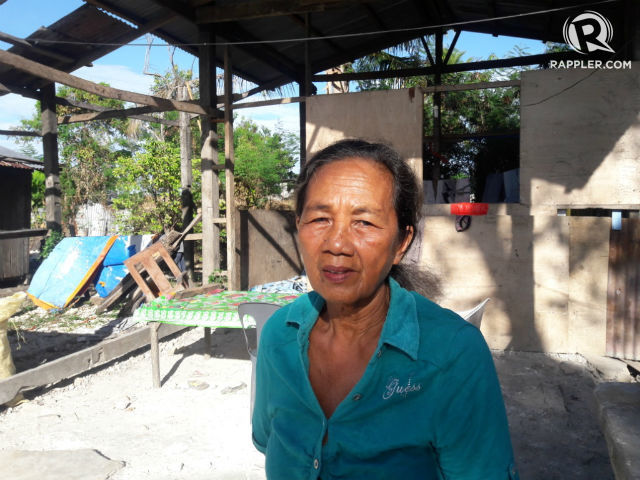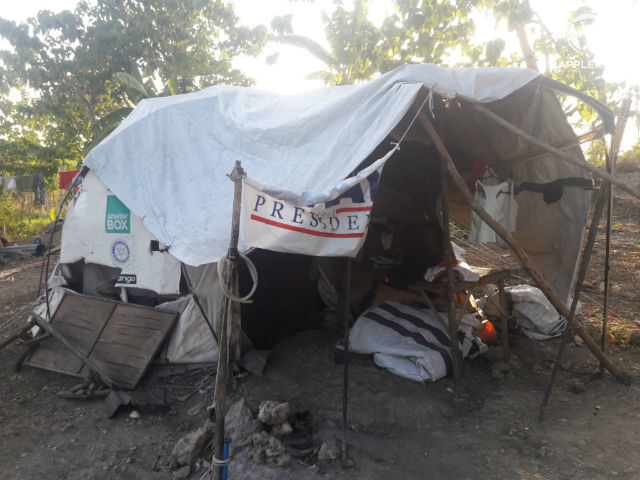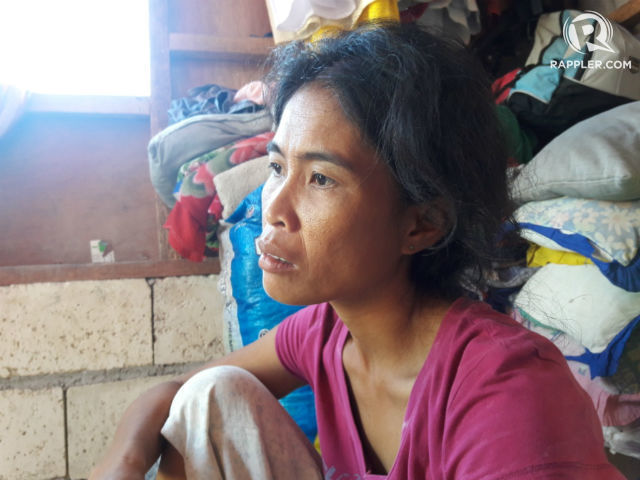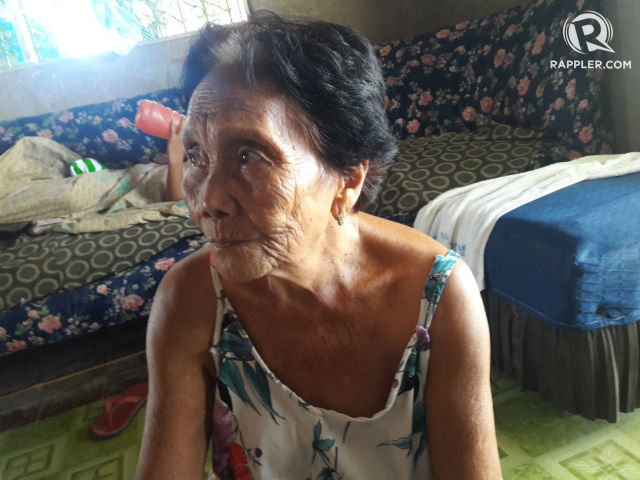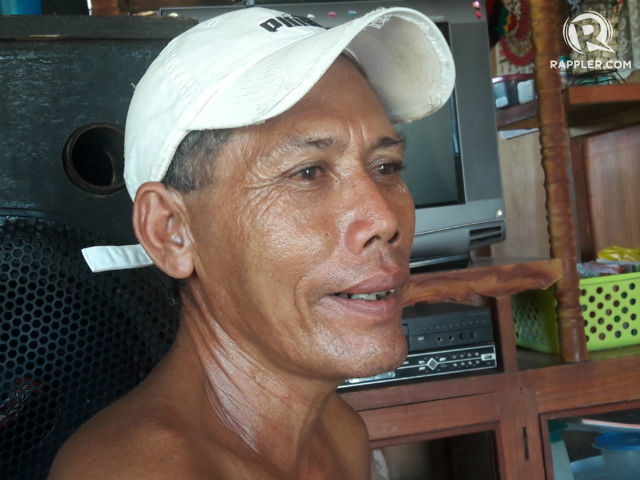One Man's Meat
‘In the jungle, you can’t find them’
BY PHILIP GOLINGAI, THE STAR
Filepic
Popular Now in Opinion
“WHEN are we going to carpet bomb the Abu Sayyaf?” or “Why don’t the Philippine special forces wipe out the Abu Sayyaf?” are common reactions on Twitter or Facebook whenever there is a report of a kidnapping on the east coast of Sabah.
Early this year, a few months after Sarawakian Bernard Then was beheaded by the Abu Sayyaf in Jolo island, I met a high-ranking Philippine military commander to ask him these questions.
The commander, a dozen of his men and I had a “boodle fight” (dining in among the Philippine military by sharing the same food without regard to rank) at a restaurant in Zamboanga City, about a two-hour boat ride from Jolo island, an island the size of Perlis.
“We try our best, no matter the handicaps we have, such as lack of troops,” said the commander, who requested not to be named.
“Jolo island might be a small dot. But if you are in the area, you can’t cover everything.”
“It is a jungle. It is not an urban area where the enemies are fixed at a location; you have surveillance of them and you can attack them,” said the 50-something military man.
“In the jungle, you can’t find them because they are very mobile. They know the terrain and they have the support of the populace (villagers). My troops have to find a way to corner them. It is like a fishing expedition.”
“In Malaysia, the public will say how come the Philippine military does not launch an operation to rescue the Malaysian hostages?” I asked him.
“The problem is we have available forces but their numbers are negligible,” he said, refusing to give the strength of the army and marine forces in Jolo for security reasons.
“If you attack an enemy, you must have three times the number of men as your enemies. It is not like in the movies where a dozen men can overrun hundreds of bad guys.”
He added: “Your enemies are in an advantageous position as they know the terrain. If you don’t have the numbers, more often the casualty will be on the government side.”
“The Malaysian public will say ‘Why don’t the Philippines use their special forces to wipe out the Abu Sayyaf?’” I said.
“It doesn’t matter if they are special forces. There are many factors to consider.
“I’ll give one. We lack the capabilities to find the enemies. We are procuring drones and other equipment. Right now we are doing it manually,” he said.
“The Malaysian public ask, why don’t the Philippine military just bomb the Abu Sayyaf?” I said.
“That is not possible. I too want to wipe them out – an eye for an eye. But we have international laws and human rights. We want a legitimate encounter with the Abu Sayyaf,” he said.
“We can’t also antagonise the local populace just to get the Abu Sayyaf. We risk creating another generation who will rise up to become Abu Sayyaf.”
“In the last five years, has the Philippine military rescued any of the hostages held by the Abu Sayyaf in Jolo?” I asked.
“We have rescued four hostages. The latest were the two Filipino coast guards,” said the commander.
“The other hostage we rescued was the Swiss bird watcher (who was kidnapped in Tawi island).
“As a result of a military operation on the Abu Sayyaf, the kidnappers became disorganised and the Swiss had a chance to escape.”
“What’s your advice to Malaysia when a Malaysian is kidnapped and brought to Jolo?” I said.
“My stand is just don’t pay ransom, as you will add to their capabilities. They will just buy arms and will repeat another kidnapping,” he said.
“But we can’t do anything if the relatives of the hostage pay the ransom.”
The commander noted that the Abu Sayyaf foot soldiers were getting younger.
He explained that the Abu Sayyaf promised youngsters who were out of school, especially in the hinterlands, 30,000 to 35,000 pesos (about RM3,000 to RM3,500) a month and firearms to join the group.
Many – because they are inexperienced – are killed during military operations. And their families ask for blood money for their deaths.
To replace these dead foot soldiers, according to the commander, the Abu Sayyaf offers 40,000 pesos (RM4,000) a month and firearms to teenagers.
“These teenagers realise that they have signed up for hardship – always on the move, and lacking food and sleep (because of bombardment). Many times they are not paid,” he said.
“Once they realise that life as an Abu Sayyaf was difficult, they would try to escape. Some have gone to Sabah to find safe haven as if the Abu Sayyaf finds them, they will be killed.
“Are these recruits trained?” I asked.
“They are actually not trained as they already know how to use a gun. They are employed to guard the area or the hostages,” he said. “There is no time to train them – unless there is a lull – as we are always hunting them.”
“How well trained are the foot soldiers?” I asked.
“They are innocent about fighting. Most often, they are the ones who are killed. We have video clips taken by the Abu Sayyaf and more often than not the recruits are the casualities,” he said.
“How about the Abu Sayyaf commanders?” I asked.
“They are not trained as fighters. But they have combat experience.
“They might know how to assemble a bomb but through experience they know how to engage with the army and marines. They are more adept at evading or escaping from the military,” he said.
“If they are not well trained then is it easier for your men to hunt them?” I said.
“Yes, ideally. But they have the advantage of the terrain and the populace. Once we enter a barangay (village), the villagers will text message that the military are here and they will get out of the area,” he said.
The commander added: “It is not easy to fight the Abu Sayyaf. It is only incidental, coincidence or good luck that we are able to catch them off guard.
“And that is a very rare moment.”
|
|
|
|
|
|

